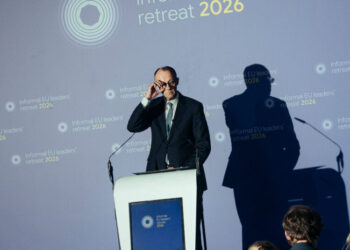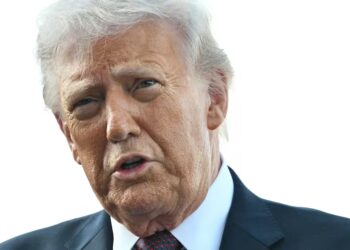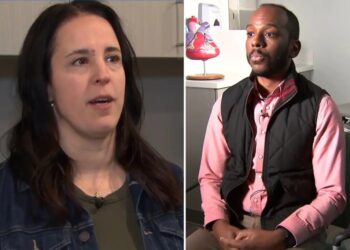Bank robber who held gun to Paula Deen’s head in 1987 heist found dead in NYC
The convict who became infamous for holding up disgraced celebrity chef Paula Deen during a bank robbery in 1987 was...
Screen Actors Guild’s Actor Awards Winners List: ‘Sinners’ Wins Big
“One Battle After Another” finally found a skirmish it couldn’t win. After sweeping all awards season, the Paul Thomas Anderson...
Oil Prices Climb After Iran Attack, Pointing to Economic Risks
Oil prices rose as much as 13 percent as markets opened on Sunday evening, underscoring the economic risks of the...
Timothée Chalamet loses and Jessie Buckley wins at SAG Actor Awards — what are their Oscar chances?
Award season is by far the longest season — five months bigger than baseball and six months fatter than football....
‘Vladimir,’ Plus 7 Things to Watch on TV this Week
Between streaming and cable, viewers have a seemingly endless variety of things to watch. Here is a selection of TV...
50,000 bees killed in ‘deliberate’ arson of hives at family-owned Pennsylvania farm
Tens of thousands of bees were killed after beehives at a Pittsburgh-area farm were set on fire, according to the...
50,000 bees killed in ‘deliberate’ arson of hives at family-owned Pennsylvania farm
Tens of thousands of bees were killed after beehives at a Pittsburgh-area farm were set on fire, according to the...
Live updates U.S. military says 1,000 targets hit in Iran; Israel and Hezbollah exchange strikes
U.S. Central Command said Sunday afternoon that it has struck more than 1,000 targets in Iran in two days of...
Germany’s Chancellor Has Bigger Problems Than Trump
On Monday, Chancellor Friedrich Merz of Germany touches down in Washington for a two-day visit. There’s a lot to discuss...
Rob Reiner, Catherine O’Hara, Diane Keaton and more honored during SAG Actor Awards 2026 In Memoriam
Gone but never forgotten. Rob Reiner, Catherine O’Hara and Diane Keaton were some of the many celebrities included in Sunday’s...













